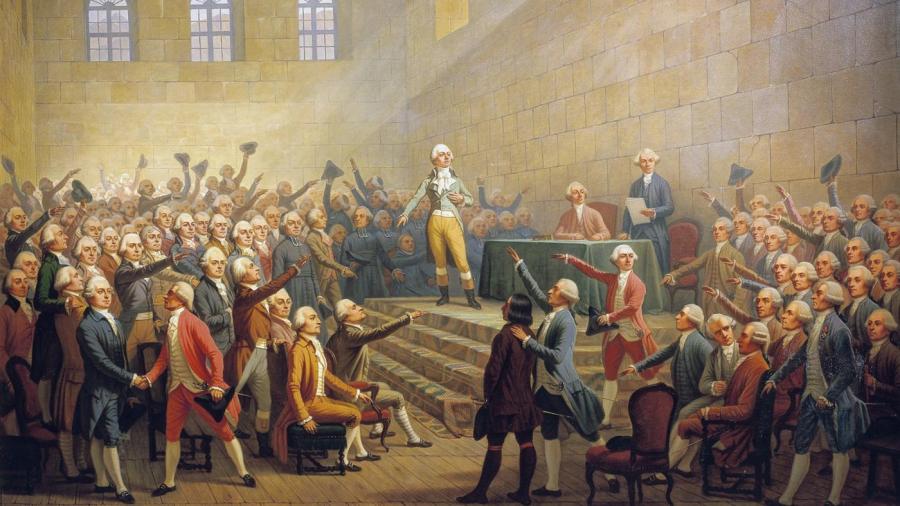How Did the French Revolution Start?

The social factors contributing to the start of the French Revolution included social stress from a large population as well as the intrusion of capitalism into everyday life and the consequent social disparities. An economy in crisis following France’s involvement in the American Revolution as well as two decades of poor cereal harvest and drought, leading to an explosion in the price of bread, were also to blame.
King Louis XVI and his predecessor were also known for their extravagant spending habits, which had left the country close to bankruptcy. As a result, taxes were necessarily raised to salvage what was left of the economy. In a show of their dissatisfaction and despair, the people of France turned to striking, rioting and looting.
The living conditions in France were especially poor for people living in the cities, despite the fact that among these were the wealthy and middle classes. The air was polluted and the water quality was poor, and urban populations were likely to have significantly shorter life spans than those living in the country.
In addition to their poor health, city workers were also subject to strict and unfair conditions of employment. Nepotism was rife within the industries, and social climbing or promotion was difficult achieve for those not born into the right family.





